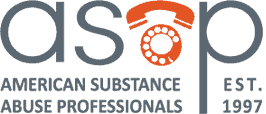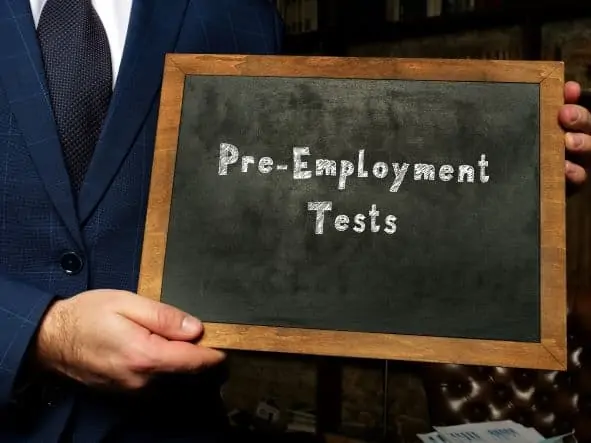By: ASAP
Pre-employment drug testing for Department of Transportation (DOT) jobs is a standard requirement in the United States. The DOT has specific policies in place to ensure the safety of the public by regulating employees in transportation-related roles, which includes testing for drugs and alcohol. Testing is mandatory for employees in safety-sensitive positions for aviation, trucking, railroads, transit, pipeline, and United States Coast Guard roles.
The DOT authorizes a variety of types of drug tests that include pre-employment testing, random testing, reasonable suspicion testing, post-accident testing, return-to-duty testing, and follow-up testing. Types of tests conducted depend on the mode, however, all DOT 5-panel drug tests screen for marijuana, cocaine, amphetamines, opioids, and phencyclidine (PCP). Alcohol testing is also required, under certain circumstances per DOT agency.
Employers are responsible for ensuring that applicants undergo drug testing as part of the pre-employment process. DOT regulations set specific procedures and cutoff levels for drug and alcohol testing which are designed to provide consistency and accuracy in the testing process.
If an applicant tests positive for drugs or alcohol, they are not eligible to work in a DOT-regulated safety-sensitive position until completing the return-to-duty (RTD) process. They will be required to complete the return-to-duty process with a DOT-qualified Substance Abuse Professional (SAP) before becoming eligible to return to safety-sensitive duty.
Refusing to submit to a drug or alcohol test is treated as a positive test result, and it can have significant consequences, including potential disqualification from employment in a DOT-regulated position. This occurs when an individual declines to participate in the testing process, such as not providing a urine sample when requested for a drug test.
It’s essential to be aware of the specific DOT regulations that apply to the transportation sector, as types of testing and random testing rates may vary slightly between agencies (e.g., FAA, FMCSA, FRA, FTA, PHMSA, USCG).
An employee or applicant with a verified positive drug/alcohol test, refusal to test, or other violation, must be removed from safety-sensitive duty immediately. Next, completion of the DOT return-to-duty process with a Substance Abuse Professional (SAP) is required before being eligible to return to work. ASAP has an 85% success rate in helping employees get back to work safely. Call 888-792-2727 x 177 to enroll today! #Work safely


